Our Shifting World; A Focus On Migration
All over the world, the promise of a better life sees people leaving their homes behind forever. They save their pennies, pack their bags and, often, say goodbye to their families. Some have jobs and a promising future lined up, many have no idea what awaits them. Some set off on foot or crammed into overloaded boats. Many make it just fine. Some do not.
Our global population is on the rise. According to the UN, we could hit nearly 10.4 billion by the mid-2080s. And, as the population rises, so too does the number of people moving from where they were born.
International migration is a complex phenomenon and has the potential to enrich the lives of many. And whether we are focusing on its positive or negative outcomes, one thing is for sure - as our world continues to change and our population continues to grow, people will keep moving.
In Aotearoa, we are very sheltered from this reality. We don’t see the boats, or the human cost. But Wao Aotearoa director Monique Kelly is determined that we need to think about what this means - not just for those migrating but for where they are going. “We are a part of a global population,” Kelly says, “so what is our responsibility here in New Zealand?”
As Kelly says, the reasons for migration are varied and multi-layered, be they political, economic, natural disaster or climate-related. “These complexities need to be discussed. People want to thrive - that’s what any species does. With climate change, we’re putting a whole lot of land in jeopardy, which will force people to move.”
There is perhaps no better way of humanising the issues surrounding migration than through a well-told story. On Tuesday September 17th, Wao will be screening the film Lo Capitano, a gripping and heartbreaking story of two young Senegalese refugees. The film was received to a 13 minute standing ovation at its Venice screening, and serves as a powerful catalyst for conversation.
The film will be preceded by a panel discussion on migration with QLDC Welcoming Communities members Hemi Cordell and Silvia Dancose, who will share personal experiences and professional insights. This welcoming communities lens, Kelly says, is crucial to facing the changes ahead.
The film night will also serve as a warm-up for migration-themed events at the upcoming Wao Summit. At the Shifting Demographics session in Wānaka on October 29th, Emeritus Professor Dr. Paul Spoonley will give a lecture on the shifting tide of demographics in New Zealand and the impact climate will have on where we live.
Dr Spoonley’s lecture will be followed by a panel discussion called What will 2050 look like? Alongside Dr Spoonley, speakers include Emma Horgan-Heke, one of the key leaders of the response to Cyclone Gabriel and Greg Bodeker. Also on the panel will be Alec Tang from KPMG, speaking to what a growing population means in terms of infrastructure, our emissions profile, schools and housing.
These discussions are essential, especially considering New Zealand’s very real potential as a climate haven. As Kelly says, we’re going to see people wanting to live in the safest place they can find. “If we look at what’s happening around the equator, which will reach unlivable standards,” she says, “what will happen to those populations?”
Bernard Hickey
Image: newsroom.co.nz
Journalist Bernard Hickey, in a presentation in August, outlined our country’s predicted population growth: total population of 17 million by 2100 at 1.5% growth per year. According to Hickey, we have historically underinvested in infrastructure, and he sees building denser, faster and cheaper housing as one key way we can prepare ourselves.
Whether we’re considering our Pacific neighbours, those farther flung or simply a growing local population, we have responsibilities as a country and as a community here in the Southern Lakes. So how do we plan for a community with many, many more people in it?
Well, first, we talk about it - and the upcoming film night and Wao Summit sessions are the perfect opportunity to start. Tickets available at wao.co.nz.






